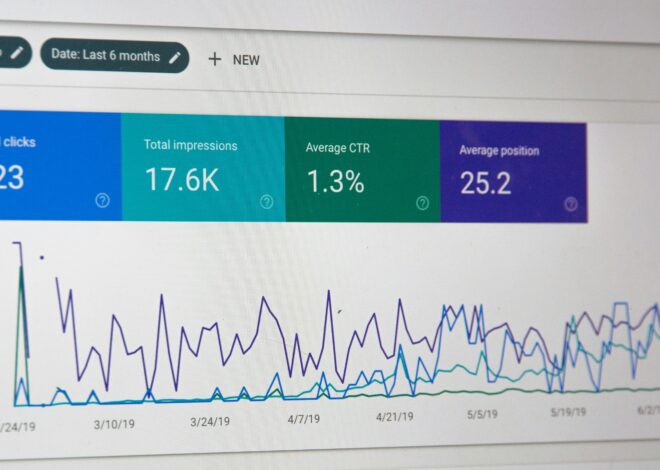
Types of homes in Canada to rent or to buy
Looking for a place to rent can be both exciting and daunting. With the plethora of options available, it’s essential to understand the nuances of the rental market, particularly regarding houses and condos. Whether you’re a first-time renter or a seasoned tenant, knowing the differences between these two types of properties can help you make an informed decision that suits your lifestyle and budget.
Location, Location, Location:
One of the primary factors to consider when renting a house or a condo is the location. Houses are often found in residential neighborhoods, offering more space and privacy. At the same time, condos tend to be in urban or suburban areas, providing proximity to amenities and a vibrant community atmosphere. Depending on your preferences and lifestyle, you may prioritize access to schools, parks, shopping centers, or public transportation when choosing between the two.
Space and Privacy:
Houses typically offer more space compared to condos, with multiple bedrooms, bathrooms, and outdoor areas such as yards or gardens. This extra space is ideal for families or individuals who value privacy and enjoy having room to spread out. On the other hand, condos are known for their compact living spaces, making them suitable for singles, couples, or small families looking for a low-maintenance lifestyle. While condos may lack the outdoor space found in houses, they often include amenities such as gyms, pools, and common areas, adding to their appeal.
Maintenance and Responsibilities:
Another factor to consider is the level of maintenance and responsibility associated with each type of rental property. Renting a house typically means taking on more maintenance tasks, such as lawn care, snow removal, and repairs. While some tenants enjoy the autonomy of maintaining their property, others may find it burdensome or time-consuming. Condos, on the other hand, often include maintenance services provided by the homeowners’ association (HOA), relieving tenants of many upkeep responsibilities. However, it’s essential to review the HOA rules and fees to ensure they align with your lifestyle and budget.
Cost Considerations:
When comparing the cost of renting a house versus a condo, several factors come into play. Houses generally command higher rental prices due to their larger size and private amenities. In addition to rent, tenants renting a house may incur additional expenses such as utilities, lawn care equipment, and home insurance. Condos, while typically more affordable in terms of rent, often include HOA fees that cover amenities and maintenance services. It’s essential to consider the overall cost implications of each option and budget accordingly.
Flexibility vs. Stability:
Finally, it’s essential to consider your long-term housing needs and preferences when choosing between a house and a condo. Renting a house may offer more flexibility in terms of lease agreements and customization options, allowing tenants to negotiate terms and make modifications to the property with the landlord’s permission. Condos, on the other hand, often have stricter regulations and rules set by the HOA, limiting tenants’ flexibility but providing stability and consistency in the living environment.
In conclusion, the decision to rent a house or a condo ultimately depends on your individual preferences, lifestyle, and budget. While houses offer more space and privacy, condos provide convenience and amenities. By carefully evaluating factors such as location, space, maintenance, cost, and flexibility, you can make an informed choice that meets your housing needs and enhances your renting experience. Whether you’re drawn to the charm of a house or the convenience of a condo, there’s a rental property out there that’s just right for you.
There are different websites available for rental and even to buy properties in Canada.
Here are the top 10 rental websites in Canada:
-
Kijiji:
One of the most popular classified advertising websites in Canada, Kijiji offers a wide range of rental listings, including apartments, houses, condos, and more. Most commonly searched keywords are- Kijiji Thunder Bay, Kijiji Alberta, Kijiji Calgary, Kijiji Brampton, Kijiji Peterborough, Kijiji Guelph, Kijiji Missisauga.
- Rentfaster.ca: Rentfaster.ca specializes in rental properties and provides a user-friendly platform to search for apartments, houses, condos, and townhouses in various cities across Canada.
- Rentals.ca: Rentals.ca offers a comprehensive database of rental listings, including apartments, houses, and condos, in cities across Canada. It provides advanced search filters and tools to help you find the perfect rental property.
- PadMapper: PadMapper aggregates rental listings from various sources and displays them on an interactive map. It’s a convenient way to search for rental properties in your desired location.
- Zumper: Zumper offers rental listings for apartments, houses, and condos in cities across Canada. It provides advanced search filters, including price range, amenities, and pet-friendly options.
- Realtor.ca Rentals: Powered by the Canadian Real Estate Association (CREA), Realtor.ca Rentals offers a wide range of rental listings in cities and towns across Canada.
- Facebook Marketplace: Facebook Marketplace allows users to buy, sell, and rent items, including rental properties. You can find rental listings posted by individuals, landlords, and property management companies in your local area.
- Zillow Canada: Zillow Canada provides rental listings for apartments, houses, and condos in cities across Canada. It offers search filters, including price range, property type, and square footage.
- 4Rent.ca: 4Rent.ca offers rental listings for apartments, houses, and condos in cities and towns across Canada. It provides search filters, including location, price range, and amenities.
- Craigslist: Craigslist is a classified advertising website where you can find rental listings posted by individuals, landlords, and property management companies in cities across Canada. It offers a wide range of options, including apartments, houses, and condos.
These rental websites offer a variety of options and search tools to help you find the perfect rental property in Canada. Be sure to carefully review listings, contact landlords or property managers, and conduct thorough research before making any rental decisions.


